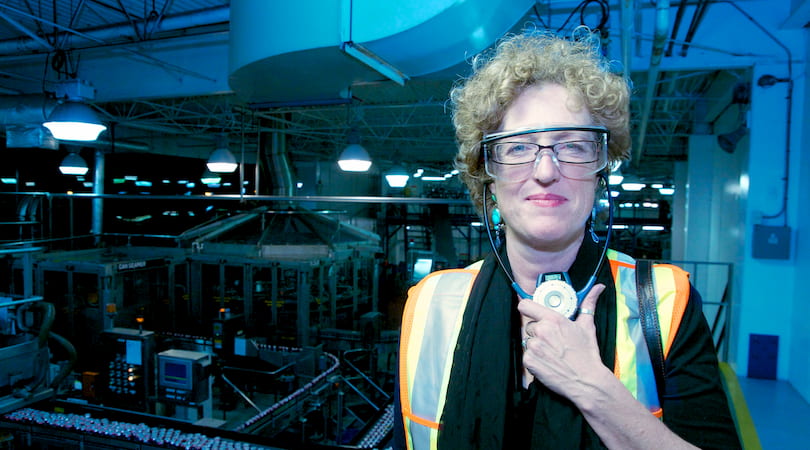Forklift Operator: Getting Certified

Are you considering starting a career as a Forklift Operator? Perhaps you work in the supply chain industry and want to take on a new role? Forklift Operators are responsible for loading and unloading goods in warehouses, ports, and airports. They play an important role in keeping things running smoothly in the supply chain industry. […]
How to write a CV – what to include

Your CV is the tool that helps you get your foot in the door when applying for jobs. It acts as the first opportunity to promote yourself to a potential employer. It may seem daunting to write about yourself at first, especially if you’re starting from scratch and don’t know what a CV needs to […]
Jobs for night owls: What it\’s like working the night shift

The country never really sleeps – every night people across Northern Ireland work throughout the country’s warehouses, factories, hospitals and airports. Without these people, so many industries would come to a halt as soon as the sun goes down, having a severe impact on the economy and public health.
Jobs for night owls: What it\’s like working the night shift

The country never really sleeps – every night people across Northern Ireland work throughout the country’s warehouses, factories, hospitals and airports. Without these people, so many industries would come to a halt as soon as the sun goes down, having a severe impact on the economy and public health.
Minimum wage increase 2019

On the 1st of April, the National Living Wage (NLW) and Minimum Wage are set to increase again, with the NLW increasing by nearly 5%. The rates, which are reviewed yearly by the government, are advised by the independent body Low Pay Commission and rise to match inflation.
What it\’s like to work in a call centre

Everyone you speak to will have a different opinion of what working in a call centre is like, but believe it or not the negative stereotypes aren’t always true. Working in a call centre can be rewarding and fun and provide you with the skills to kick start your career.
What it\’s like to work in a call centre

Everyone you speak to will have a different opinion of what working in a call centre is like, but believe it or not the negative stereotypes aren’t always true. Working in a call centre can be rewarding and fun and provide you with the skills to kick start your career.
Why it\’s great to live and work in Northern Ireland

Obviously, we’re biased, but we think it’s great to live and work in Northern Ireland. Not only are the people brilliant (again, we’re biased!), but the job opportunities in the country are booming and it’s the “happiest place” to live in the UK. This is why we think Northern Ireland is the best place to […]
Why it\’s great to live and work in Northern Ireland

Obviously, we’re biased, but we think it’s great to live and work in Northern Ireland. Not only are the people brilliant (again, we’re biased!), but the job opportunities in the country are booming and it’s the “happiest place” to live in the UK. This is why we think Northern Ireland is the best place to […]
Benefits of working with small agencies

There are over 100 recruitment agencies in Northern Ireland, so for a company looking to pick an agency to help them with their staffing needs, it can be difficult to choose between the many options available. Is it better to go with a large-scale company or a boutique agency? Having worked in large and small […]
